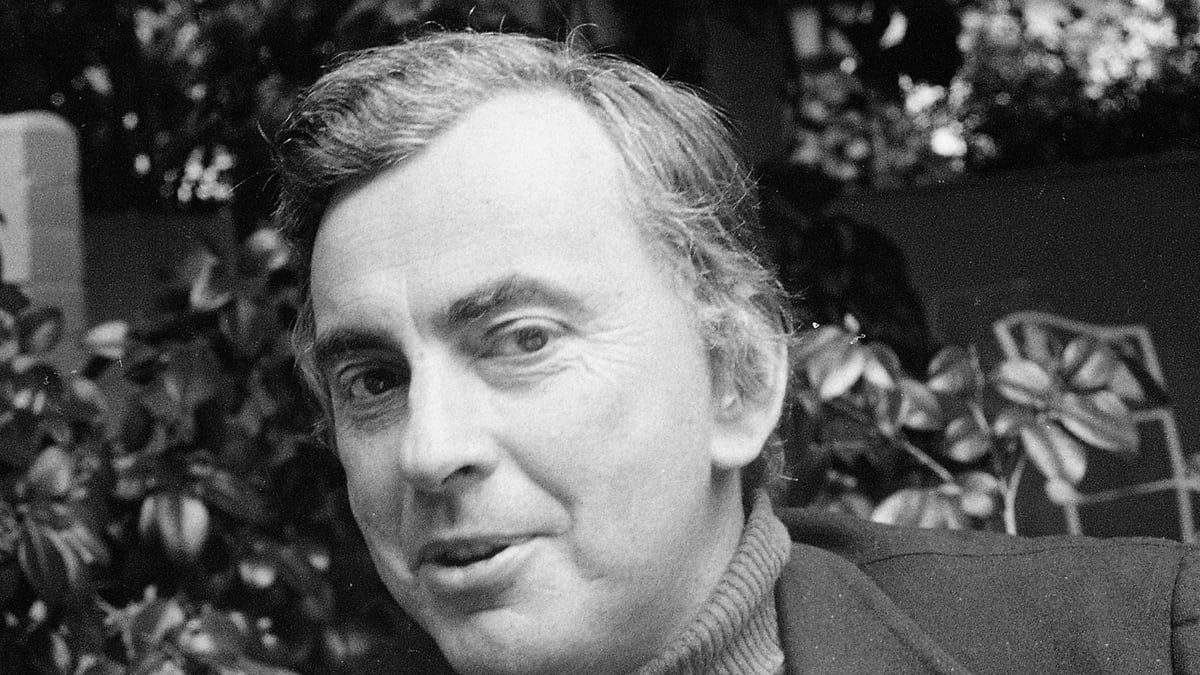Did all the pundits and critics rush to say something about Gore Vidal’s passing because they thought it might be the last time they got to do something like this? You couldn’t blame them for thinking so. To call Vidal the last grand old man of American letters, you would have to first back up and explain to that portion of your audience under, say, 40, what a grand old man of American letters is. Eulogizing Vidal was to eulogize the now long-gone epoch he typified.

Do great writers still walk among us? Of course. Toni Morrison published a new novel just this year. Lately it seems that Joan Didion publishes a book every year. Cormac McCarthy, Thomas Pynchon, Don DeLillo—all productive writers, but every one of these authors is at least a little bit reticent, and all of them are private people. Reporters don’t call them for quotes, or if they do, they don’t call twice. These authors seem to think a writer’s job is to stay home and write.
When Vidal hit his stride as an author in the middle ‘60s, writers had the cachet of rock stars. People who never read a word he or Truman Capote wrote knew who they were, because they, along with Norman Mailer and Tom Wolfe and a few others, took the trouble to promote themselves at least a little bit. They lived out their spats and quarrels in public and in the papers. They hustled their books on Johnny Carson and Dick Cavett, where they were at least as entertaining as Buddy Hackett and Phyllis Diller.
Vidal had the best of all this because he was quick-witted and by far the funniest. Mailer was mostly bluster, and Capote was just catty (“That’s not writing, that’s typing”), but Vidal could make you laugh, as he does—and always will—every time, for instance, that I have reason to remember his telegram responding to a request from Paul Newman and Joanne Woodward that he be godfather to their child: “Always a godfather, never a god.”
Thirty or 40 years ago, books and the people who wrote them were at the center of the culture in a way they no longer are. People argued fiercely about whether In Cold Blood was nonfiction, fiction, or some weird hybrid, and whether it was right to blur genres like that. Newsweek put Capote on its cover. About the only way a writer makes the front page today is if he gets arrested for plagiarism.
Vidal liked the spotlight, liked to perform (fascinating question: in all the interviews he ever gave, is he ever there or is it always just the public man putting on a show? He would have been the first to say that there was no inner man, that what you saw was all there was). But could he have had the same success in an era where people didn’t care if they saw authors in public or not? Maybe not. He wasn’t a great novelist, and that was his one bitter pill, since the culture then still craved a Great American Novel and authors were still trying to deliver some version of that chimera. His historical novels are good; Burr and Lincoln are very good. But everyone says his essays are what he’ll be remembered for, and this time everyone is right. He was an exquisite stylist. But he was also an excellent playwright and screenplay writer and script doctor. A man of letters, a man who made his living off what he wrote. Not many people can make that claim.
I interviewed him once, over breakfast at the Polo Lounge in the Beverly Hills Hotel. He admitted that Lincoln mystified him. He showed me the bungalow used by Orson Welles and Rita Hayworth. This, I remember thinking, is where the stars hang out. He seemed completely at home.




